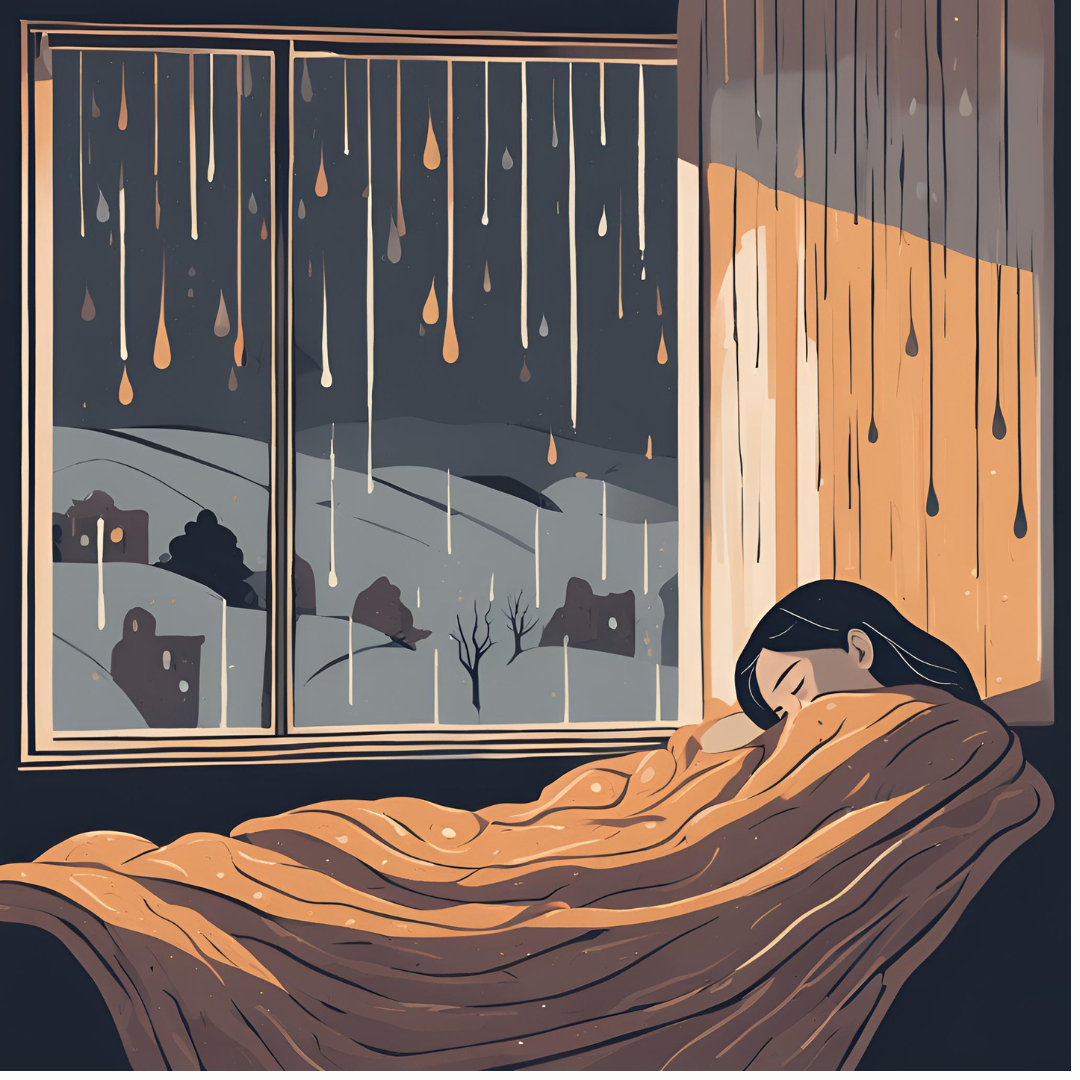Seasonal Depression Isn’t Your Fault—It’s Capitalism: How Community Care and Rest Can Help
As the days get shorter and temperatures drop, many people experience feelings of sadness, fatigue, and even hopelessness—a condition widely recognized as seasonal depression, or Seasonal Affective Disorder (SAD). It's easy to blame this on biology alone, especially when we hear that it’s caused by factors like reduced sunlight or hormonal changes. But there’s more to the story, and it involves a system that’s constantly pushing us to work harder, produce more, and rarely, if ever, slow down: capitalism. The Capitalist Model and Its Impact on Seasonal Depression
Understanding SAD in a Capitalist Framework
Capitalism thrives on productivity. In this system, our value is often measured by how much we produce, how hard we work, and how little we need. Seasonal depression clashes with these ideals because it slows us down. Our bodies instinctively respond to less sunlight by craving more rest and reflection—things that don’t translate easily into profit or productivity. When we feel worn down during the winter months, it’s easy to internalize the problem, thinking we're lazy or unmotivated. But in reality, our biology and mental health are at odds with a society that expects us to stay in a perpetual state of productivity, regardless of the season.
The holidays, too, create a complex dynamic, one where many feel pressured to spend excessively, “stay merry,” and juggle endless obligations. The commercialization of joy and rest during the winter months not only ignores the underlying struggles people may face but actively worsens feelings of inadequacy and exhaustion.
Community Care: A Vital Response to Seasonal Depression
Capitalism promotes a culture of individualism, encouraging us to look inward to fix our problems, when often what we need most is each other. Community care—the practice of caring for others and allowing ourselves to be cared for in return—can offer an antidote. Unlike self-care, which is typically a solitary activity (like pampering yourself or meditating), community care relies on the support of friends, family, or neighbors. It’s about recognizing that no one should have to face seasonal depression alone.
Community care might look like creating small, supportive routines with friends or family, such as weekly check-ins, shared meals, or group outings. By participating in community care, we break down isolation and create a network of mutual support that helps carry us through hard times. For those experiencing seasonal depression, simply knowing they have a supportive community can alleviate feelings of loneliness and help them feel more grounded.
Local organizations and support groups also offer opportunities for community care. Volunteering at a local shelter, joining a community event, or attending group therapy sessions are great ways to tap into collective care resources. Often, just being in spaces where people understand and support each other can lift spirits, reducing the sense of isolation that seasonal depression frequently brings.
The Radical Power of Rest
In a society that prizes productivity, choosing to rest can be a radical act. Our bodies naturally want to rest more in the winter. Embracing this need is a form of self-compassion that directly defies the capitalist narrative. Rest doesn’t have to be about “recovering” to work harder later; it’s about honoring our basic needs.
While self-care can look like getting more sleep, taking breaks, and slowing down, it’s equally important to validate the need for rest within our communities. Imagine a culture that encourages winter naps, slow mornings, and short workdays when days are darker. By normalizing rest, we give ourselves permission to take care of our mental health rather than pushing against it.
Employers, too, have a role to play by allowing flexible schedules or shorter work hours in winter months. But until these systemic changes become more common, we have to take the initiative to make rest a priority ourselves. That could mean taking mental health days, setting boundaries on work, or simply spending an afternoon enjoying a cozy space without guilt.
Reclaiming The Seasonal Changes for Ourselves and Each Other
Seasonal depression is natural, but the shame and guilt we feel around it is not. When we approach winter as a time for community care and rest, we reject capitalist values that push us to overwork, overspend, and overschedule. Embracing a slower, more connected approach to winter can transform a season of darkness into one of warmth, togetherness, and self-acceptance.
